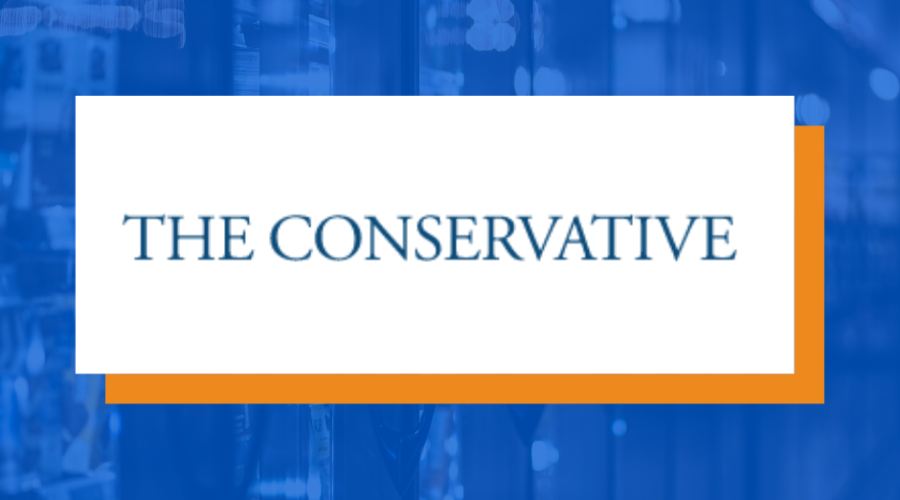To tackle illicit trade, the Malaysian Government needs to smash taxes
The Malaysian Marine Police seized more than RM220.44 mil of smuggled items between January and June this year. It is almost three-fold compared to RM55.75 mil for the same period last year. More than 70% of the seizures were illegal cigarettes and liquor followed by drugs.
Back in January, the Malaysian Government has implemented a series of Budget 2021 measures that are aimed to tackle the tobacco black market.
However, criminals continue to improve their concealment methods. The scope of undetected activities expands further, including using smaller and private jetties instead of large ports or renting out private premises to store their illicit products.
We should all be concerned about this. Not only do black markets bypass all regulatory oversight, meaning there are no controls for safety or quality.
In addition, they create an incentive and funding model for other criminal behaviour such as arms or human trafficking while also depriving the government of tax revenue and putting legitimate businesses at a disadvantage.
There is no silver bullet for solving this enormous challenge, and more innovative anti-illicit trade policies should be implemented.
But the Government should be beware that many of these black markets evolve as a reaction to over-regulation and over-taxation which is something that the government could – with the right political will – address relatively easily.
Illicit trade
We know that illicit trade is in many ways a consequence of restrictive policies such as sin taxes which drive criminals to provide consumers with a cheaper alternative.
Policies such as the 2015 increase of 42.8% in the tobacco excise duty has played to the benefit of smugglers while doing very little to help people quit smoking.
Suppose the Government aims to reduce smoking. In that case, it could endorse reduced-risk nicotine products like e-cigarettes and vaping through reduced taxation and more accurate public information campaigns on the relative health benefits.
Not only would this achieve the broader goals put forward by public health regulators as research by the European Policy Information Centre but it could also help discourage the illicit trade of tobacco.
Of course, the black market exists not only because there are groups willing to risk smuggling products across borders but also because there is demand for overregulated products. In a survey commissioned by Malaysia think tank, DARE, and carried out by its market research partner, The Green Zebras, 53% smokers in Malaysia have said that they will switch to cheaper but illicit alternatives because they cannot afford legal products at current prices.
High tobacco cost and low wages country like Malaysia is vulnerable to criminal activities. Therefore, while enforcement efforts like the Budget 2021 measures should be extended, the Government should also consider taking decisive steps in the form of tax cuts, or at the very least, abstaining from further tax increases.
The evidence to support this is compelling. A 2010 study published by CIRANO in Montreal found that each additional dollar in taxes raises the propensity to resort to consuming contraband cigarettes by 5.1% while each additional dollar in tax cuts decreased it by 5%.
It is clear, therefore, that higher taxes increase the attractiveness of the black market –and the deeper the tax cuts – the higher the likelihood of stopping smuggling.
The overarching goal behind excise tax increases in Malaysia, regulators claim, is to reduce smoking rates, particularly among adolescents.
However, while it is true that the cigarette prevalence in Malaysia has improved for the past half-year since the Budget 2021 measures were implemented, this doesn’t mean that if the Government were to cut taxes, the rates would shoot back up.
The Malaysian Government need only look to Canada. In 1994, the Canadian Government slashed taxes on cigarettes to tackle the booming illicit trade despite alarmist expectations at the time. The prevalence of smoking dropped and continues to fall. Illicit trade has since also significantly decreased.
In order to piece together a more coherent strategy, the Malaysian Government should continue to target the supply side of the illicit market through enhanced enforcements, but it would be a mistake not to consider significant tax cuts and smarter regulation in the upcoming Budget 2022.
A multi-pronged approach will be the only way to reduce illicit trade and avoid the problems associated with it. – Oct 29, 2021
Originally published here








